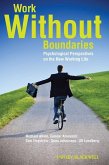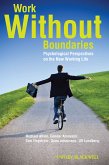
Buch
2001
Fachverlag NW in Carl Ed. Schünemann KG
Ähnliche Artikel
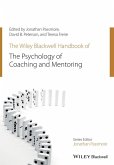
eBook, ePUB
24. September 2012
Wiley-ISTE

21,99 €
inkl. MwSt. und vom Verlag festgesetzt.
Sofort per Download lieferbar

29,99 €
inkl. MwSt. und vom Verlag festgesetzt.
Sofort per Download lieferbar
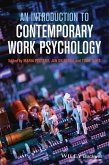
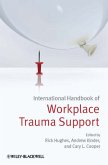
eBook, ePUB
10. April 2012
John Wiley & Sons
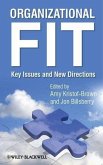

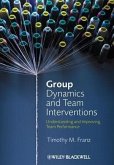

Ähnlichkeitssuche: Fact®Finder von OMIKRON

